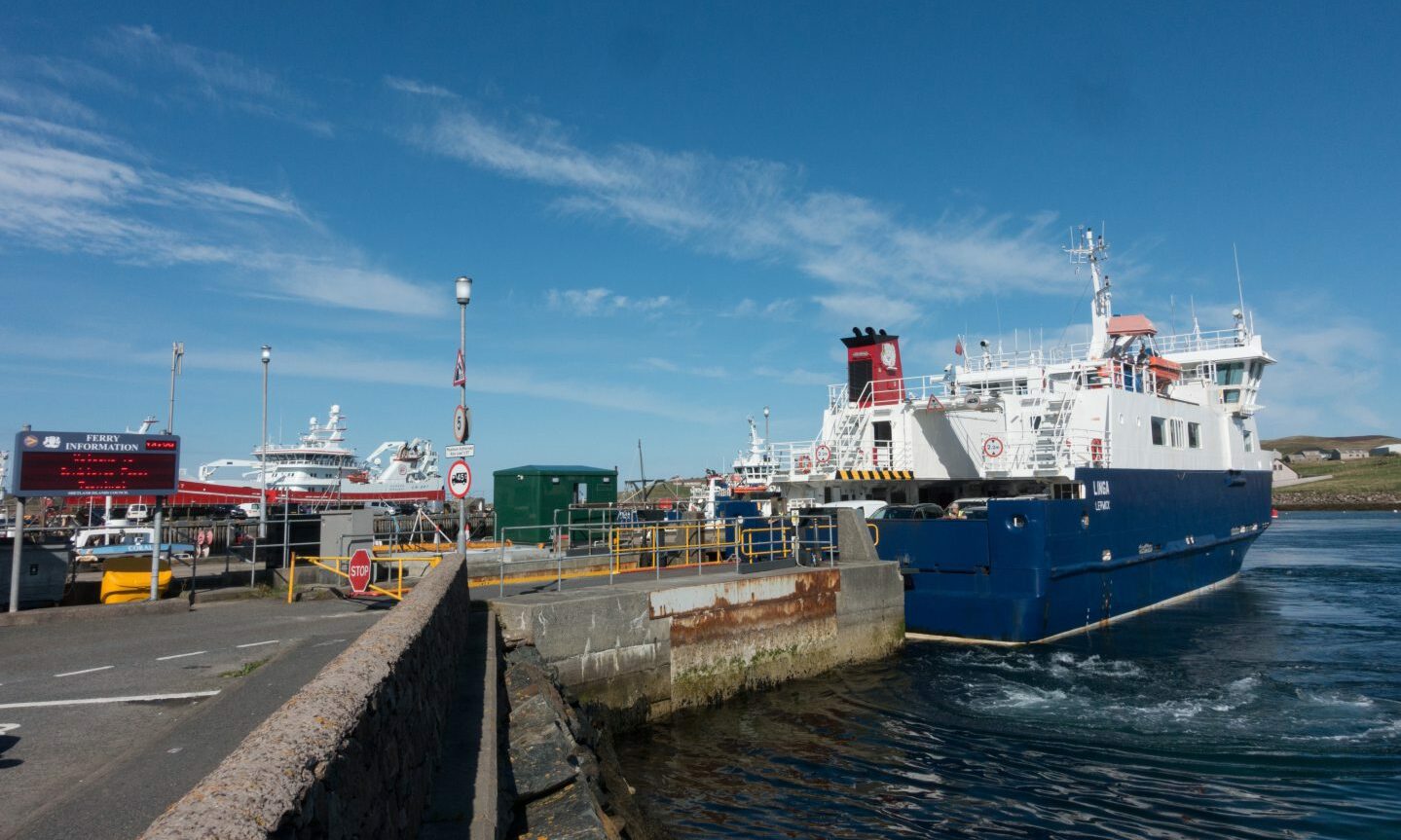Plans to connect the main Shetland islands through tunnels or a ferry service are now at an “advanced” stage, the islands’ council has said.
The Shetland Island Council has secured a meeting with Alister Jack, the Scottish Secretary, to discuss inter-island connectivity.
Meanwhile, talks are also ongoing with the Scottish Government.
Why are tunnels needed in Shetland?
Shetland’s inter-island ferry service has been described as “the social and economic backbone” of the islands, with a fleet of 12 vessels sailing about 70,000 times a year to nine islands, carrying approximately 750,000 passengers.
However, the council raised concerns that much of the fleet is 30 years old, about six years older than the average Caledonian MacBrayne vessel.
A number of the vessels are operating beyond their intended life span, and are a major contributor to the islands’ carbon emissions.
The council said the Shetland Short Crossings Project is at an advanced stage.
The project envisages four tunnels: from the Mainland to Yell; Yell to Unst; Mainland to Whalsay; and Mainland to Bressay.
Shetland council wants government backing
Talks are ongoing with the UK Government to assist with the tunnels to the north isles which would connect Mainland with the SaxaVord Spaceport on Unst.
Meanwhile, discussions are ongoing with the Scottish Government to assist with the tunnels on the east side of the isles.
The council’s political leader, councillor Emma Macdonald, said: “The importance of the inter-island transport network to life in Shetland cannot be overestimated.
“It is the very definition of a lifeline service, and is the social and economic backbone of the islands.
“However, there are a handful of vessels which are already operating past their intended lifespan.
“If they are not replaced now, either by tunnels or new ferries, there is a material risk to lifeline services to Shetland’s islands.”
She added: “We understand that any project to replace aging ferries with new vessels, or with tunnels, cannot be expected to be solely the responsibility of central government.
“Just as our islands’ incredible energy resources should be a shared benefit between Shetland, Scotland and the UK, the transportation between those islands should be a shared cost.”
The councillor said Shetland Islands Council is committed to spending up to £700,000 on the project, and called upon the Scottish and UK Governments to “make clear the level of their commitment to our partnership”.
She said she is pleased that Mr Jack has agreed to meet with her regarding the project, and has also written to First Minister Humza Yousaf.
She added: “Our discussions continue with the Scottish Government and I look forward to hearing from them in due course.”


